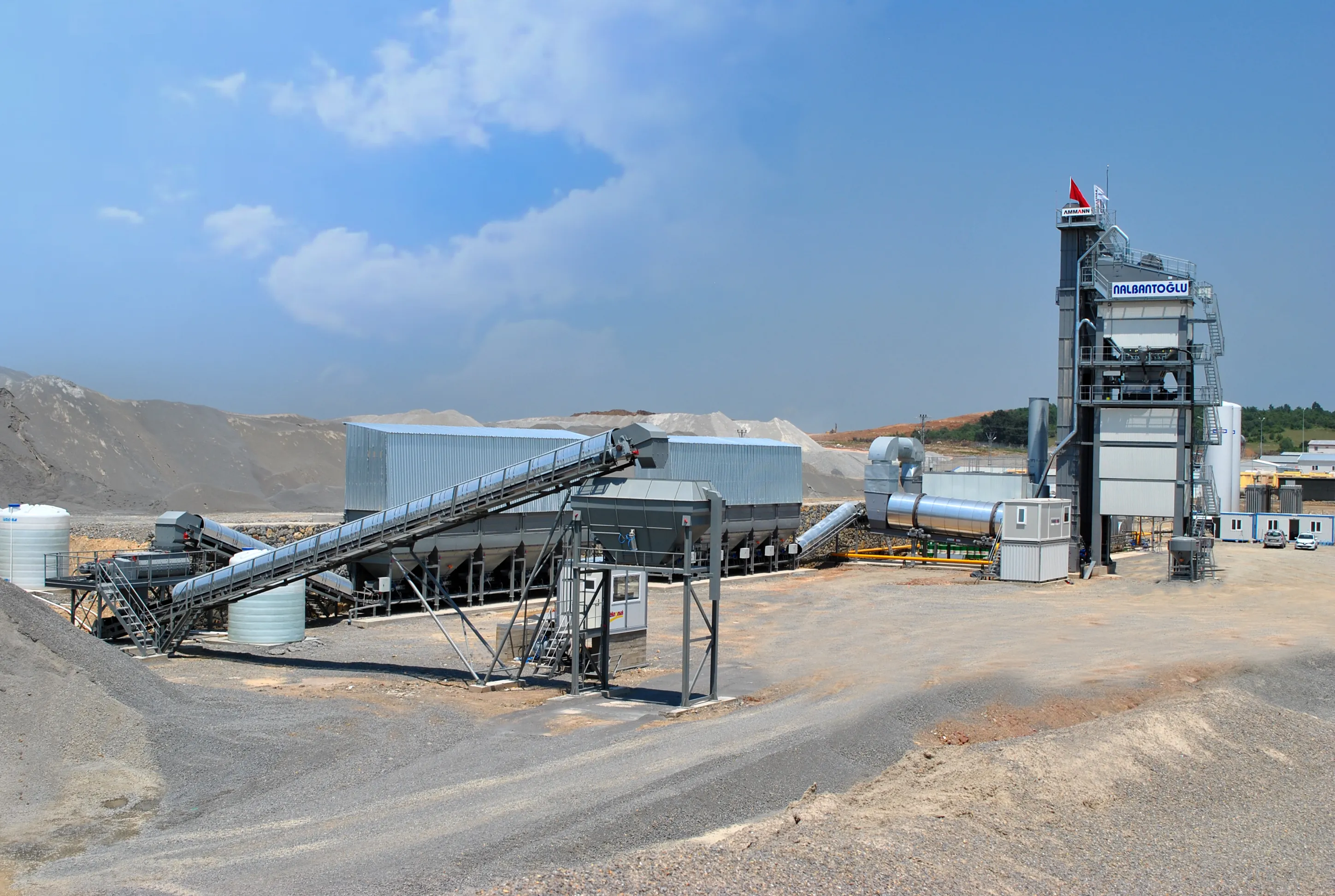The last section of the 3km İzmit Bay Bridge – now officially the Osman Gazi Bridge - was lifted into place on April 21, according to Turkish media.
When open later this summer, the bridge will cut the 70-minute drive around İzmit Gulf, on the Sea of Marmara, to just six minutes.
The Osman Gazi Bridge is part of the partially completed tolled motorway Gebze-Orhangazi-İzmir Highway project, costing around US$9 billion. The 433km highway runs south from Gebze, a city about 50km east of Istanbul and on the north coast of the sea of Marmara, to the city of Bursa and then further south to the Aegean coastal city of İzmir, an industrial hub and tourist destination.
An existing motorway connection from Gebze to Istanbul means Turkey’s financial capital will have a fast route to the Izmir. When finished in 2018, the highway will cut the travel time from Istanbul to Izmir from nine hours to only three and a half.
The Gebze-Orhangazi-İzmir Highway is Turkey’s numbered Otoyol 5 and runs parallel to the D575 and the D565 for most of its length. The O-5 will also make up part of the International E-road network E881. French highways operator Egis is looking after the some opened sections of the O-5 highway.
The bridge will reach a height of 252m and the bridge deck will be nearly 26m wide, with a main span length of 1,550m - the fourth largest main span in the world, according to Turkish media.
The highway and include Istanbul's third airport now under construction are among many large infrastructure projects within Turkey's 202 Vision strategy. The Gebze-Orhangazi-İzmir Highway and the bridge are being built under the build-operate-transfer model.
Osman Gazi was the leader of the Ottoman Turks in the 1300s. He founded of the Ottoman Empire, out of which Turkey emerged in the early part of the 20th century.
Last section of Osman Gazi Bridge lifted into place over Izmit Gulf
The last section of the 3km İzmit Bay Bridge – now officially the Osman Gazi Bridge - was lifted into place on April 21, according to Turkish media. When open later this summer, the bridge will cut the 70-minute drive around İzmit Gulf, on the Sea of Marmara, to just six minutes.
May 4, 2016
Read time: 2 mins








